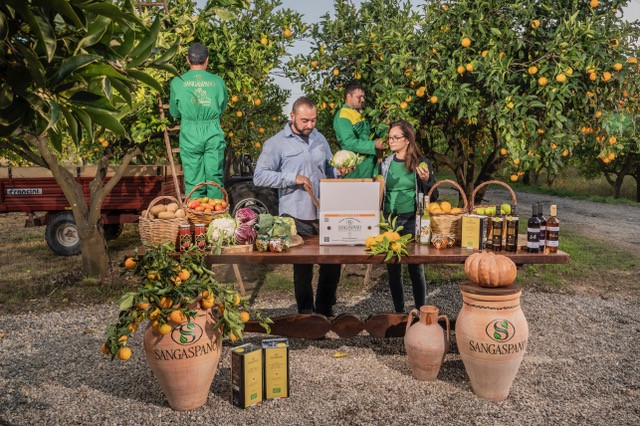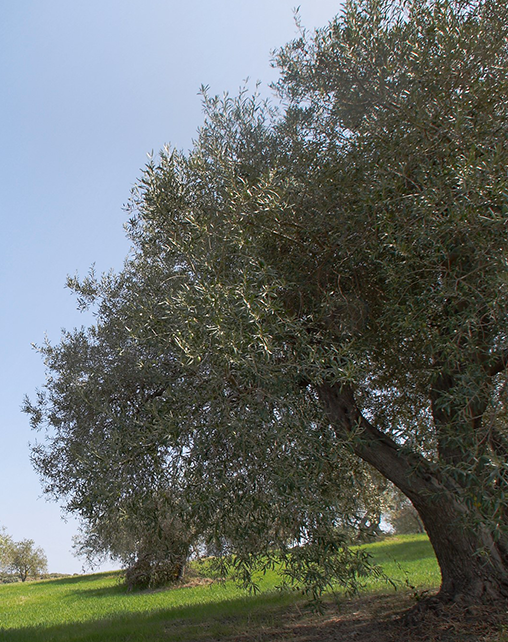IN ITALY GOODBYE TO OVER 20 MILLION CITRUS TREES! IN SICILY SANGASPANO AND GASPANELLA PLANT 15,000 TREES!
Overall, the Italian area cultivated with fruit – underlines Coldiretti – has been reduced to 560 thousand hectares with the loss of over one hundred thousand hectares compared to 15 years ago. The worst situation is recorded on oranges, with 16.4 million trees felled, on peaches, where almost 20 million plants have disappeared, and on grapes, where 30.4 million vines are missing, according to Coldiretti estimates. The situation is also heavy for Clementine, Lemons and Mandarins.
A dangerous trend also from an environmental point of view with degradation and abandonment that favors floods and landslides. The climate impact is also worrying: crops, like forests, can generate ecosystem benefits that are not only the removal of CO2 but, for example, the improvement of biodiversity and air quality, according to an analysis by Rete Clima. An adult plant – Coldiretti specifies – is able to capture from the air from 100 to 250 grams of fine dust and one hectare of plants eliminates about 20 kilos of dust and smog in a year. In other words, therefore, with the massacre of fruit plants, the absorption capacity of 2 million kilos of pollutants per year has been lost in Italy.
But the sector is also affected by unfair competition from foreign productions – continues Coldiretti -, with Made in Italy fruit in the grip of protectionism on the one hand and economic and social dumping on the other. To the trade barriers are added the damage caused by unfair competition – Coldiretti denounces – with almost 1 food product out of 5 imported into Italy that does not comply with the regulations on the protection of health and the environment or the rights of workers in force in our country, often even driven by facilitations and preferential agreements stipulated by the European Union. One example is hazelnuts from Turkey, which are accused of exploiting the labour of Kurdish minorities. But there are also grapes from Argentina and bananas from Brazil burdened by heavy accusations from the US Department of Labor for the use of child labor but with which the EU has nevertheless initiated the Mercosur free trade agreement.
In this context, our farm, which already cultivates about 20,000 trees in Sicily, has decided to launch the Plant for the Sicily program with which we aim to plant 15,000 new plants organically from 2020 to 2025.
To date, about 5,500 plants have already been planted, divided into the following terms:
- Year 2021 about 1300 plants of early oranges navel bio at the garden of contrada Prohibition on building land;
- Year 2020 about 700 organic orange blossom plants organic white orange blossom at the garden of contrada Religione;
- Year 2022 About 3500 plants of blood oranges, clementines, fukumoto oranges at the garden of contrada casotti
- Year 2023 the planting of about 800 mandarin and avocado trees is underway.
Related posts
 Nutrition
The Sicilian cannolo: a masterpiece of Italian pastry.
Nutrition
The Sicilian cannolo: a masterpiece of Italian pastry.
 Wellness
Nutrition
Topical
The advantages of short production chain and organic farming.
Wellness
Nutrition
Topical
The advantages of short production chain and organic farming.

























Leave a comment